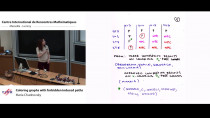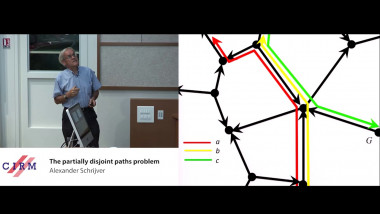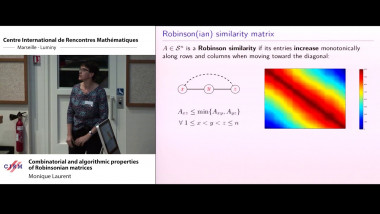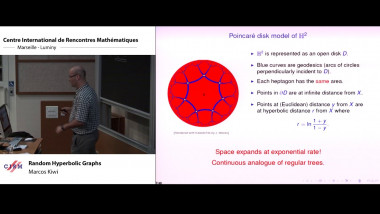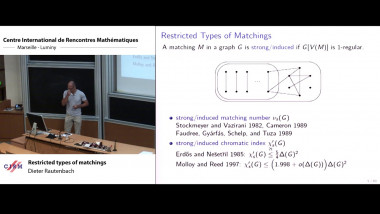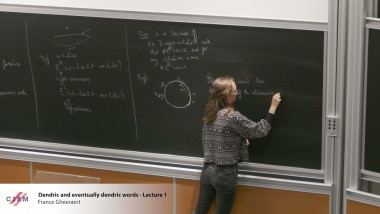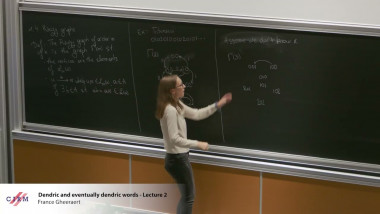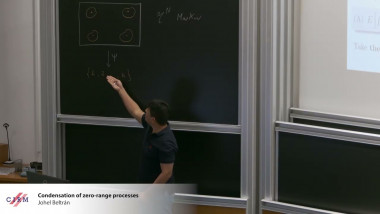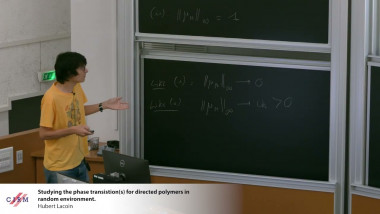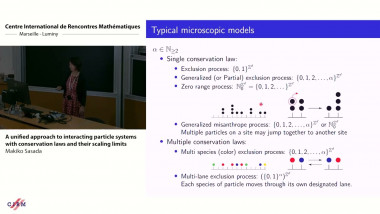Combinatorial and algorithmic properties of Robinsonian matrices
Also appears in collection : Exposés de recherche
Robinsonian matrices are structured matrices that have been introduced in the 1950's by the archeologist W.S. Robinson for chronological dating of Egyptian graves. A symmetric matrix is said to be Robinsonian if its rows and columns can be simultaneously reordered in such a way that the entries are monotone nondecreasing in the rows and columns when moving toward the main diagonal. Robinsonian matrices can be seen as a matrix analog of unit interval graphs, which are precisely the graphs having a Robinsonian adjacency matrix. We will discuss several aspects of Robinsonian matrices: links to unit interval graphs; new efficient combinatorial recognition algorithm based on Similarity-First Search, a natural extension to weighted graphs of Lex-BFS; structural characterization by minimal forbidden substructures; and application to tractable instances of the Quadratic Assignment Problem.











